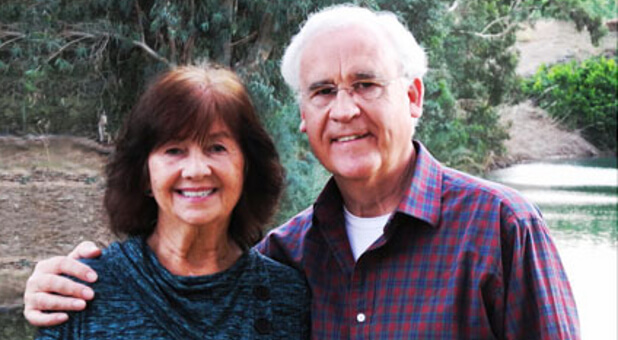Imagine a car dealership that provides every car buyer with a free car wash for as long as they own the car. You purchase a car, and along with the required paperwork you are given a free-car-wash certificate. The dealer tells you he has fully paid for all the car washes you will ever need, saying he believes that a clean car is the greatest way of advertising and promoting his dealership.
Several days later, you happen to drive down a muddy country road full of potholes and ruts. Later, you notice your car is covered with mud and decide to avail yourself of your free lifetime car wash. But before you have time to drive through the car wash, your friends inform you that you no longer have to go there. They tell you that your first car wash was all that was necessary. Any suggestion that you need another wash is not only wrong, but a lie.
You try and reason with your friends and even show them your dirty car. They still refuse to acknowledge that the car needs washing, even after seeing the condition of the car. They inform you that what the dealer really meant was that once the dealership had purchased the car wash for you, that would keep the car clean forever. They also argued that to suggest it needed washing again was an insult to the dealer and the dealership. “Don’t you realize,” your friends tell you, “when the dealer first paid for your car wash, that automatically washed it for life; all past, present and future dirt was washed away, and therefore it never needs to be washed again.”
Such logic would, by anyone’s reasoning, be considered imbecilic, ignorant or crazy, to say the least. Obviously, what the dealer intended was that anytime you needed your car washed, you could avail yourself of a car wash because he had already paid for it in advance.
Thinking back on your conversation with the dealer, you recall him telling you that he has a personal hatred for dirty cars and that is why he paid for a lifetime of free washes to anyone who asked. He went on to say that if—and not when—you happen to get your car dirty, the car wash would take care of it. He obviously never intended for you to drive around searching for dirty roads just so you could avail yourself of the car wash. That, he said, would be abusive to the car-wash program and an insult to his dealership.
In a similar way, the atoning work of Christ paid in full for all my sin. This, however, does not exclude my need for repentance, nor does it give me license to sin as I please. For my “friends” to tell me otherwise is totally false and misleading.
Sadly, this is the logic behind the new hyper-grace message. The essence behind this false teaching is that all sins past, present and future have already been atoned for and therefore there is no longer any need to repent. That, the proponents of this idea say, would be tantamount to telling God you don’t believe He has paid for all your sin.
This type of fuzzy theology falls apart for this reason: If repentance is acknowledging a sin that has already been forgiven, thereby making repentance unnecessary, then why do we tell people to repent the first time in order to be saved? If repentance is wrong following salvation, then using the same “logic,” repentance is wrong prior to salvation too.
The error here is that this type of teaching leads to ultimate reconciliation or universalism. Jesus paid for all sin; therefore, all are saved.
The fact is that the provision for my cleansing was completed at the cross but the process of my cleansing is conditional upon my repentance, and not before.















































